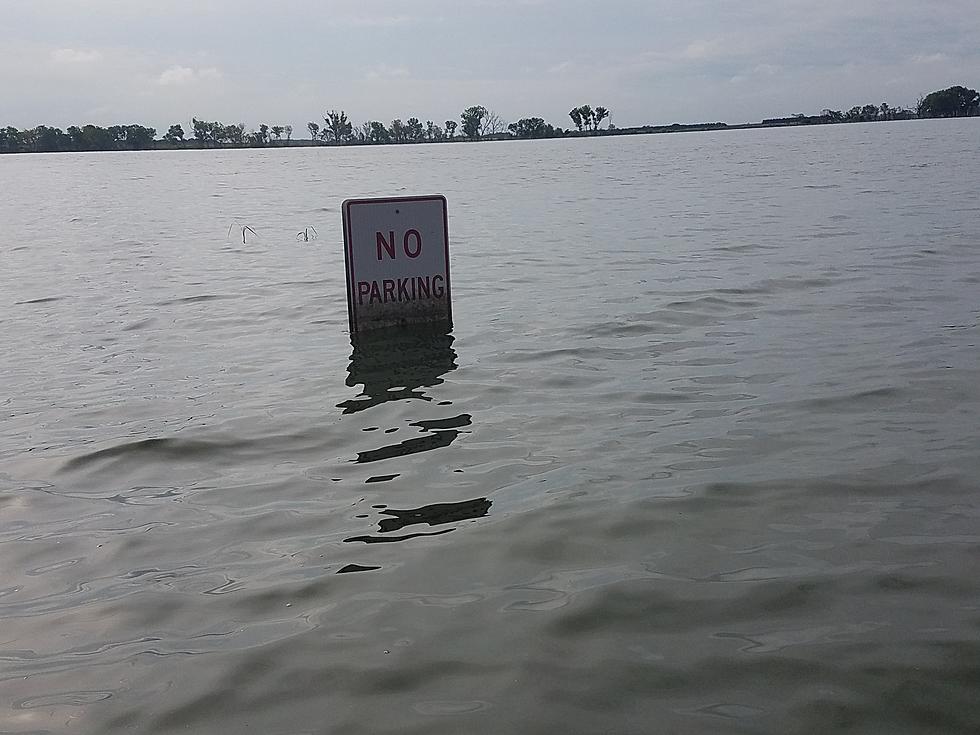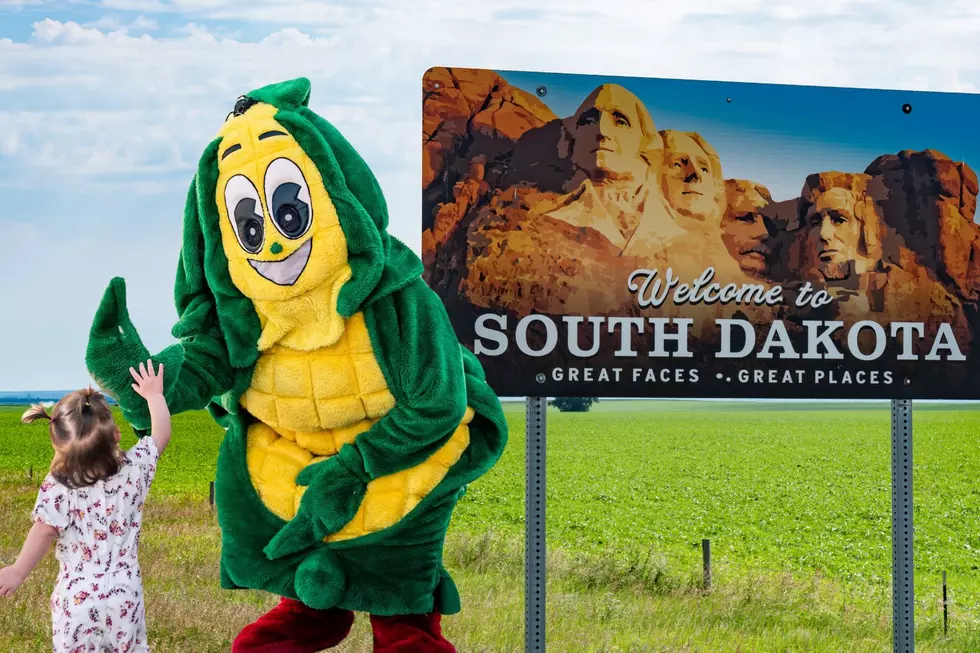
South Dakota Leads Nation in Preventative Planting Acres
This past weekend we received verification of something we already knew. It was verification that South Dakota indeed led the nation this year in a category we would rather not win, According to Crop Watch.unl.edu;
South Dakota led the United States with about 3.8 million acres, more than twice that of any other state.
The numbers alone are staggering. This past weekend my brother and a friend drove to Minneapolis. We cut up through Mankato, Minnesota and the landscape was much different even in Southeast Minnesota. Cornfields, bean fields look beautiful. On the other hand, if you cut across country from Sioux Falls to Pickstown, you'll see a vast difference.
Sure, there are some acres planted here in South Dakota. Mostly on high ground or ground that could drain quicker, but for the most part, you don't have to drive far to see acres and acres of unplanted fields. It wasn't just corn and beans, last fall was too wet for farmers to plant winter wheat in many areas as well.
Earlier this year, I wrote how my friend Dan and I drive a jet-ski 40 mph across what was a producing cornfield last year and obviously NOT planted to soybeans this year.
You can bet that many South Dakota farmers are watching one number extremely close. That's the numbers on the thermometer. They're paying close attention to the heat. They want and need the heat, especially through the evening hours to coax their late-planted corn and bean crops [where they could be planted] to the finish line before the fall freeze.
Weather patterns are a crazy thing. My brother mentioned that baring a hail storm or a week of 100-degree temperatures and 30 mph winds, that corn and beans planted, even as far west in Lyman County are actually doing quite well. It's been a year where those that normally have 'enough water' have far too much. Some in the usually drier areas could benefit from plenty of rain this year.
I remember growing up, my uncle Ron saying; I'd much rather have a drought. He rationalized; then at least I know I've done all I can. Our hearts go out to area producers affected by this year's flooding and too much water in general. In the meantime, we'll keep praying for better conditions through the fall and next year.
More From KXRB









